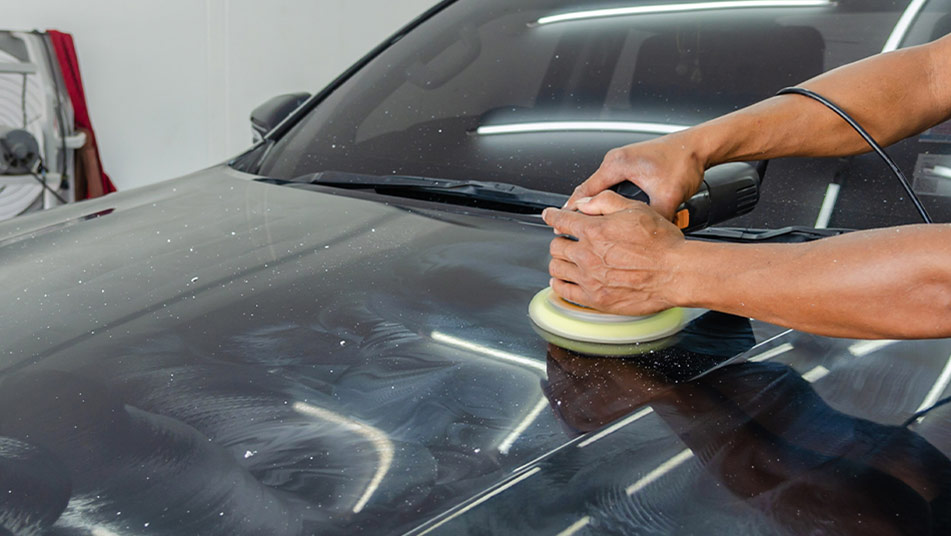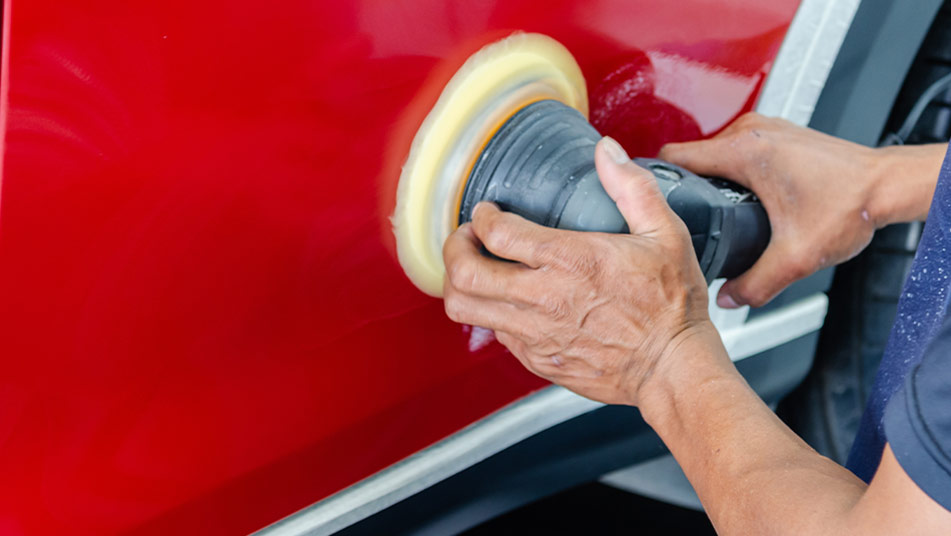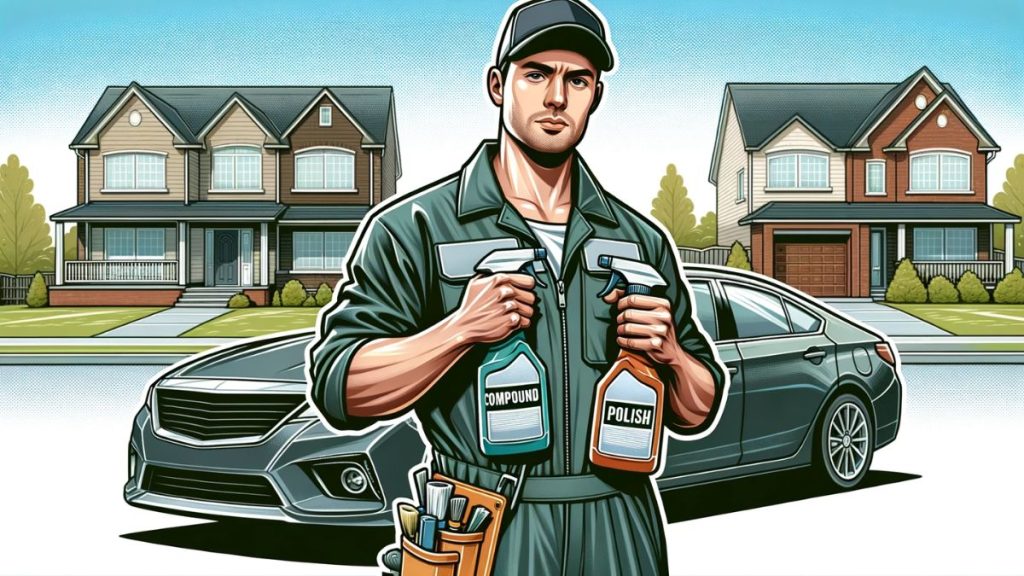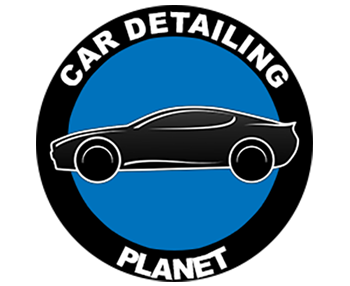Car Polish vs. Compound – What’s The Difference?
Car Detailing Planet is a part of Amazon Associates. As an Amazon Associate, we earn from qualifying purchases. Read our Affiliate Disclosure to learn more.
There’s a difference between compounds and polishes that you should know before doing any paint correction tasks on your car. In this post, I’ll show you key differences between them and in which situations you should use compound or latter.
Key Takeaways:
- Compounds are more abrasive than polishes.
- Compounds are used to remove deeper scratches and paint defects.
- Polishes are used to remove fine scratches and to achieve perfect paint shine.
- Compounds should always be followed by polishes.
Car Compounds vs. Polish Comparison
I think that you’ll get the best idea of compounds versus polishes if I make a table, so here it is.
| Compounds | Polishes |
|---|---|
| Very abrasive, used to remove hard paint defects such as deep scratches, oxidation, orange peel, and paint transfers. | Not so much abrasive, used for fixing lighter scratches, swirl marks, haziness, water spot, and as a follow-up after compounding. |
| Always requires additional buffing afterward. | Can be used in 1-step buffing processes. |
| Can easily damage your car’s paint if you don’t work correctly. | Less chances of damaging the clear coat due to a smaller abrasiveness level. |
| Also known as “rubbing compounds”. | Also known as “polishing compounds”. |
I’m sure you have a much better idea of compounds and polishes now.
What Is Car Polishing?

Car polishing is by far one of the most beneficial steps in maintaining the pristine appearance of your car’s paint finish.
The car polishing process usually removes a tiny amount of your car’s clear coat. Polishing will remove the ills left by clearcoat damage on your car. Therefore, it typically removes this damage, whether in the form of watermarks, slight scratches or swirl marks, or acid rain etching, among others.
Polishing cars can also be done by hand, while it’s not true for compounding.
What Is Car Compounding?

As its name implies, car compounding refers to the process of using compounds to restore damaged car paintwork surfaces. The processes involved in car compounding include polishing, rubbing, and cutting.
Compounding is the process of removing deep paint imperfections on cars, such as:
- Orange peel
- Deep scratches
- Oxidation
- Paint transfers
- Paint scuffs
Should You Polish Or Compound Your Car?

Let’s see in which situations it’s better to polish your car and in which it’s better to compound it.
When Should You Opt for Car Polishing?
As mentioned earlier, car polishing is a process used to clean, shine, and remove small imperfections on your vehicle’s paint surface.
If you are caught between a decision to either polish or compound your car, you can choose to polish your vehicle;
- If you are interested in removing light scratches.
- Get rid of stains or light oxidation from your car finishes.
- Take care of less severe imperfections on newer cars.
- When you wish to remove watermarks from paint or glasses, mostly if windows have failed to be cleaned properly.
Car polishing will serve you diligently well in refining your car’s shine and protecting the paints.
When Should You Opt for Car Compounding?
Car compounding helps to maintain your car’s shine, mostly when more severe damage had occurred to the body. As opposed to polishing, compounding handles more severe damage to the car’s paint.
You need car compounding when:
- You need to remove stains and severe oxidation.
- You want to remove the paint transfer.
- You wish to smoothen out deeper scratches and scuffs.
You have to avoid taking chances with car compounding on new car paintwork restoration. You can only use this process after less aggressive products have been tested on the car first.
Final Thoughts
I hope that now you understand the differences between car polishes and car compounds. As a beginner, you might not know when to use each, which is okay, and it’ll come with experience.
That’s why I always recommend practicing on spare car parts. I’ve done that, and every other car detailer has done that until they learned all the details about compounding and polishing, when to use them, how to use them, etc.
Similar posts:
